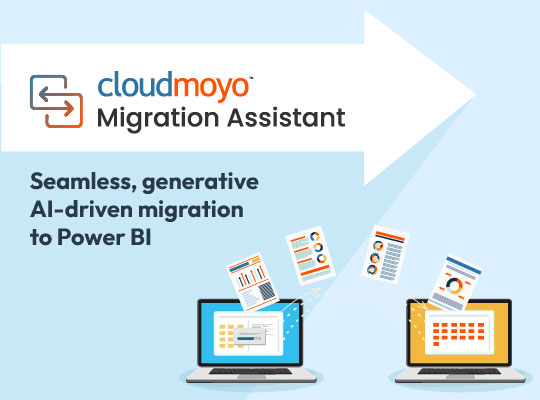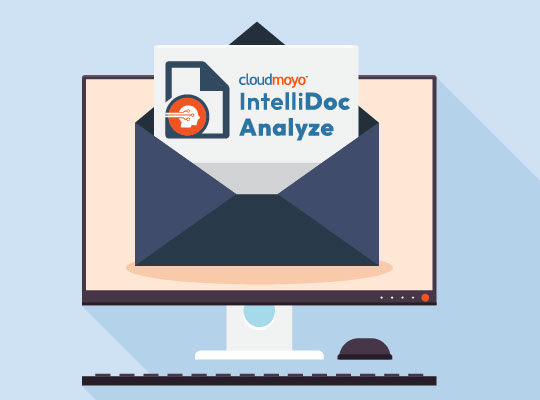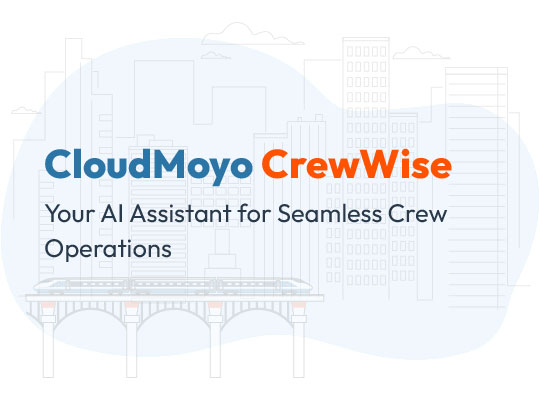Artificial Intelligence (AI) is the toast of every technology driven company. Integration of AI gives a business a massive amount of transformation opportunities to leverage the value chain. Adopting and integrating AI technologies is a roller-coaster ride no matter how business-friendly it may sound. A Deloitte report says, around 94% of the enterprises face potential Artificial Intelligence problems while implementing it.
As an AI technology consumer and developer, we must know about both the merits and the challenges associated with the adoption of AI. Knowing these nitty-gritty of any technology, helps the user/developer to mitigate the risks linked to the technology as well as take the full advantage of it.
It is very important to know how a developer should address/tackle the AI problems in the real world. AI technologies must be accepted as a friend not as a foe.
Read this article to know what are the top 10 potential Artificial Intelligence problems that need to be addressed.
1. Lack of technical knowledge
To integrate, deploy and implement AI applications in the enterprise, the organization must have the knowledge of the current AI advancement and technologies as well as its shortcomings. The lack of technical know-how is hindering the adoption of this niche domain in most of the organization. Only 6% enterprises, currently, having a smooth ride adopting AI technologies. Enterprise requires a specialist to identify the roadblocks in the deployment process. Skilled human resources would also help the teamwork with Return on in tracking of adopting AI/ML solutions.
2. The price factor
Small and mid-sized organization struggles a lot when it comes to adopting AI technologies as it is a costly affair. Even big firms like Facebook, Apple, Microsoft, Google, Amazon (FAMGA) allocate a separate budget for adopting and implementing AI technologies.
3. Data acquisition and storage
One of the biggest Artificial Intelligence problems is data acquisition and storage. Business AI systems depend on sensor data as its input. For validation of AI, a mountain of sensor data is collected. Irrelevant and noisy datasets may cause obstruction as they are hard to store and analyze.
AI works best when it has a good amount of quality data available to it. The algorithm becomes strong and performs well as the relevant data grows. The AI system fails badly when enough quality data isn’t fed into it.
With small input variations in data quality having such profound results on outcomes and predictions, there’s a real need to ensure greater stability and accuracy in Artificial Intelligence. Furthermore, in some industries, such as industrial applications, sufficient data might not be available, limiting AI adoption.
4. Rare and expensive workforce
As mentioned above, adoption and deployment of AI technologies require specialists like data scientists, data engineer and other SMEs (Subject Matter Experts). These experts are expensive and rare in the current marketplace. Small and medium-sized enterprises fall short of their tight budget to bring in the manpower according to the requirement of the project.
5. Issue of responsibility
The implementation of AI application comes with great responsibility. Any specific individual must bear the burden of any sort of hardware malfunctions. Earlier, it was relatively easy to determine whether an incident was the result of the actions of a user, developer or manufacturer.
6. Ethical challenges
One of the major AI problems that are yet be tackled are the ethics and morality. The way how the developers are technically grooming the AI bots to perfection where it can flawlessly imitate human conversations, making it increasingly tough to spot a difference between a machine and a real customer service rep.
Artificial intelligence algorithm predicts based on the training given to it. The algorithm will label things as per the assumption of data it is trained on. Hence, it will simply ignore the correctness of data, for example- if the algorithm is trained on data that reflects racism or sexism, the result of prediction will mirror back it instead of correcting it automatically. There are some current algorithms that have mislabeled black people as ‘gorillas’. Therefore, we need to make sure that the algorithms are fair, especially when it is used by private and corporate individuals.
7. Lack of computation speed
AI, Machine learning and deep learning solutions require a high degree of computation speeds offered only by high-end processors. Larger infrastructure requirements and pricing associated with these processors has become a hindrance in their general adoption of the AI technology. In this scenario, cloud computing environment and multiple processors running in parallel offer a potent alternative to cater to these computational requirements. As the volume of data available for processing grows exponentially, the computation speed requirements will grow with it. It is imperative to develop next-gen computational infrastructure solutions.
8. Legal Challenges
An AI application with an erroneous algorithm and data governance can cause legal challenges for the company. This is yet again one of the biggest Artificial Intelligence problems that a developer faces in a real world. Flawed algorithm made with an inappropriate set of data can leave a colossal dent in an organization’s profit. An erroneous algorithm will always make incorrect and unfavorable predictions. Problems like data breach can be a consequence of weak & poor data governance–how? To an algorithm, a user’s PII (personal identifiable information) acts as a feed stock which may slip into the hands of hackers. Consequently, the organization will fall into the traps of legal challenges.
9. AI Myths & Expectation:
There’s a quite discrepancy between the actual potential of the AI system and the expectations of this generation. Media says, Artificial Intelligence, with its cognitive capabilities, will replace human’s jobs.
However, the IT industry has a challenge on their hands to address these lofty expectations by accurately conveying that AI is just a tool that can operate only with the indulgence of human brains. AI can definitely boost the outcome of something that will replace human roles like automation of routine or common work, optimizations of every industrial work, data-driven predictions, etc.
However, in most of the occasions (particularly in highly specialized roles), AI cannot substitute the caliber of the human brain and what it brings to the table.
Not everything you hear about AI is true. AI is often over-hyped. Read this article from Forbes to clear all your misconceptions about the AI technologies.
10. Difficulty of assessing vendors
In any emerging field, a tech procurement is quite challenging as AI is particularly vulnerable. Businesses face a lot of problems to know how exactly they can use AI effectively as many non-AI companies engage in AI washing, some organizations overstate.
It’s true that AI technology is a luxurious retreat because you cannot oversee the radical changes it brings in to the organization. However, to implement it an organization needs experts who are hard to find. For successful adoption, it needs a high-degree computation processing. Enterprises should concentrate on how they can responsibly mitigate these Artificial Intelligence problems rather than staying back and ignore this ground-breaking technology.
The key lies in minimizing the Artificial Intelligence problems and maximizing the benefits through the creation of an extensive technology adoption roadmap that understands the core capabilities of artificial intelligence.
CloudMoyo, a Microsoft Gold Partner, offers a comprehensive suite of advanced AI, machine learning, deep learning, neural networks, advanced analytics solutions to progressive enterprises who are looking to be ahead of the curve while adopting AI. CloudMoyo’s 10-day Artificial Intelligence workshop is catered to guide you through elaborated options of the existing cognitive APIs (face, speech, text etc.) and custom state-of-art AI solutions using the Microsoft Azure AI platform. Book a slot now to understand how AI and ML can help you to become more efficient, effective and customer oriented.



















